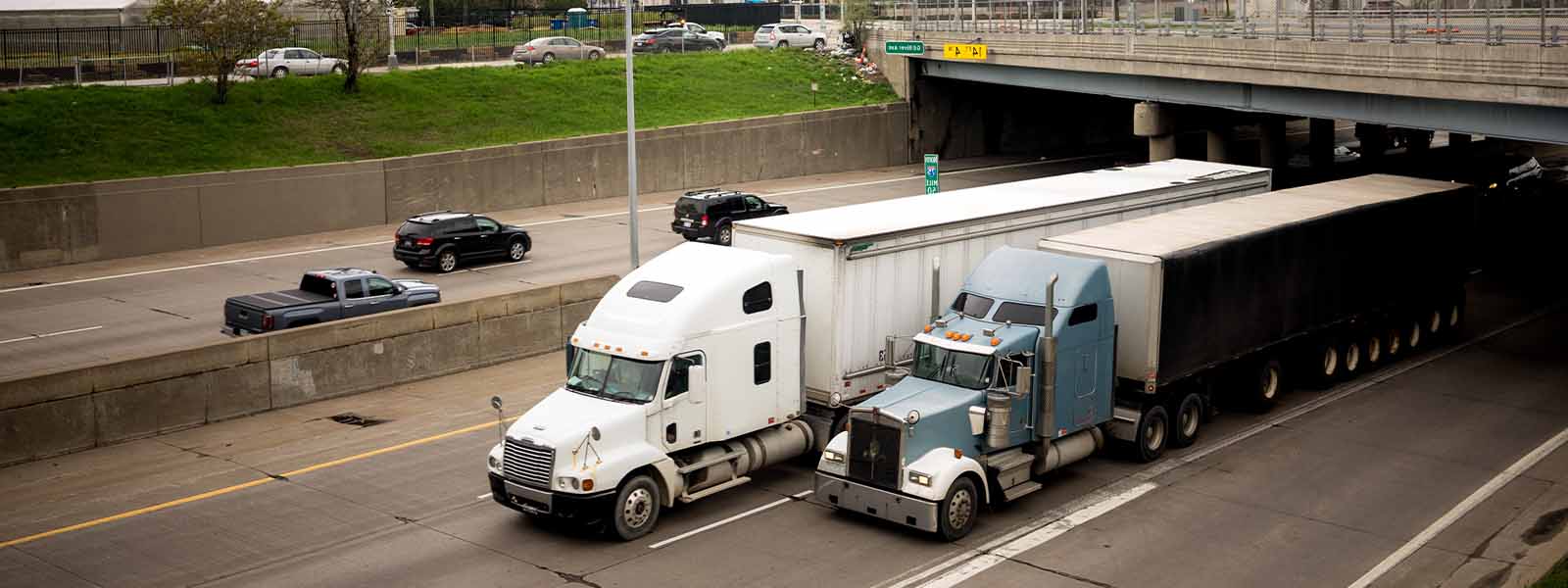Class action lawsuits are a highly effective way to hold companies responsible for their actions. These cases involve many injured victims with the same or similar harm. Class actions are designed to reduce the costs each individual plaintiff incurs and reduce the strain on America’s courts. These cases help individuals go up against powerful companies that otherwise might walk all over them and deny their claim — even when they know they are at fault.
You may be wondering: “How much does a class action lawsuit cost?” The cost of filing a class action lawsuit depends on many factors, including the type of case and how your class action attorneys handle fees. This article will help you understand the costs of a class action lawsuit and who will pay.
How Much Does a Class Action Lawsuit Cost?
It costs you nothing to join a class action lawsuit. If you were notified of your eligibility to join a class, just follow the instructions. You may be automatically included in the class and given the option to opt out. Or, you may need to take some steps to join the class action lawsuit as outlined in the directions.
Most plaintiffs in a class action will not have any costs. In some rare instances, the class representative may have some costs, but these are usually borne by the class action litigation attorneys.
What a Class Action Lawsuit Is and Why You Should Consider Joining
A class action lawsuit is when a group of individuals files a single legal action against a defendant or defendants. These cases make what may feel like an impossible fight on your own very possible.
You should join a class action lawsuit when you do not want to file an individual claim. Instead, you can let the class representative and the class action litigation attorneys seek compensation on your behalf. In these cases, you often don’t need to do anything in order to win your share of the monetary damages.
The Types of Class Action Lawsuits
Class action lawsuits are common in situations such as:
- Lawsuits against pharmaceutical companies
- When an entire class has similar harm
- Cases for injunctive relief to prevent a defendant from continuing a certain action
- When it would be difficult to win as a single person filing a lawsuit
- Defective products lawsuits
- Insurance claims
- Securities fraud lawsuits
- Toxic exposure claims
- Unfair or illegal employment practices lawsuits
How Much It Costs the Class of Plaintiffs
Class action suits negate your individual cost in joining the legal action. In nearly every class action lawsuit, a member of the class has no costs to pay. The costs of the litigation are handled by the class action attorneys and law firms handling the case. This means that you could be entitled to substantial compensation even without putting your money on the line to bring the case.
How Much It Costs for Class Representatives
The class representative is a single plaintiff whose claim matches the definition of the class. Their injuries represent common questions of fact and law of the entire class. This person represents the potential plaintiffs during the class certification phase of litigation. Once picked, they are typically the only plaintiff actively engaged in the litigation moving forward.
For example, if a drug company’s medication caused cancer, a single victim could represent the entire class that suffered similar harm and damages. The class representative rarely has any costs in class action suits. In most situations, the law firm handling the class action suit takes on all of the costs for the litigation.
Attorney Fees
Most class action attorneys collect fees on a contingency basis. This means that the attorneys and law firm only collect fees if they win compensation for their clients. The attorneys take a percentage of the total winnings, minus costs, and the rest of the compensation is distributed among the plaintiffs. In some cases, the defendant may be responsible for attorney fees or costs, depending on the type of lawsuit and facts of the case.
The contingency fee basis makes it possible for plaintiffs to win compensation without putting any money into the litigation or incurring risk.
What Additional Fees Can You Expect?
Additional fees may include expert costs, costs of investigating the case, court costs, and more. However, these expenses might be paid by the defendant or come out of the total settlement amount.
You should not owe any fees — they are simply paid out of the settlement or jury verdict.
Financial Compensation the Plaintiff Class Can Expect
A class action lawsuit may help you win substantial compensation. You may receive compensation after a successful claim, or you can make a claim against an existing common fund. The types of compensation you may win in successful class action litigation includes:
- Past and future medical costs
- Costs of rehabilitation
- Costs of assistive devices for new disabilities
- Lost income and lost earning capacity
- Property damages
- Pain and suffering
- Loss of consortium (loss of companionship and support)
- Disfigurement or scarring
- Wrongful death damages
In some class action lawsuits, punitive damages may also be available. Punitive damages are additional compensation designed to punish particularly egregious, wrongful, or intentional conduct by a defendant. These damages are not available in every case. However, when available, they often represent a significant portion of a class action damages award.
A Law Firm You Can Trust With Your Class Action Settlement
Class action litigation may benefit your law firm or you as an individual. If you have a potential class action case or are a member of a class action lawsuit, we are ready to speak with you. We will help you know your rights and how to win financial compensation. Contact us today to learn more.









